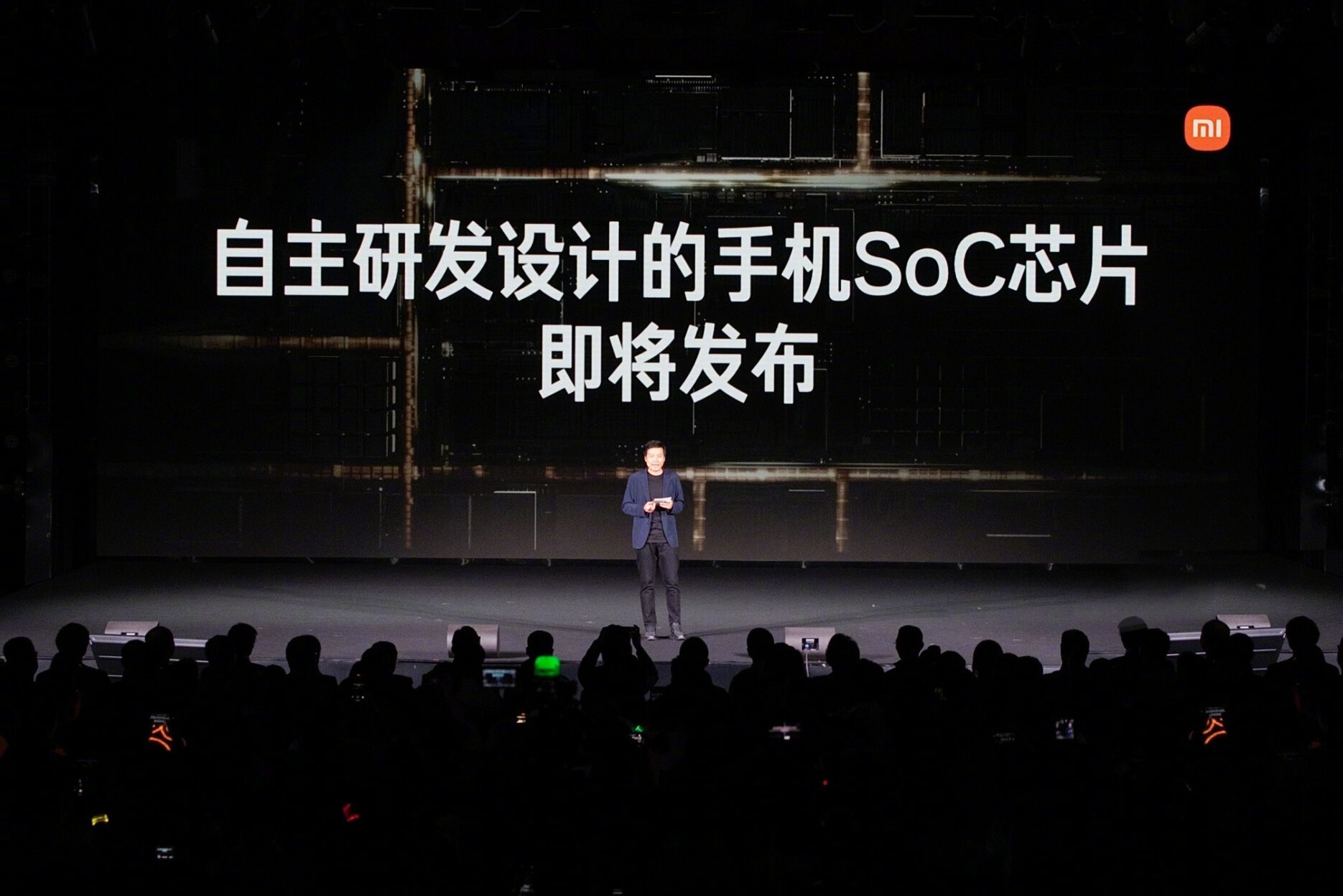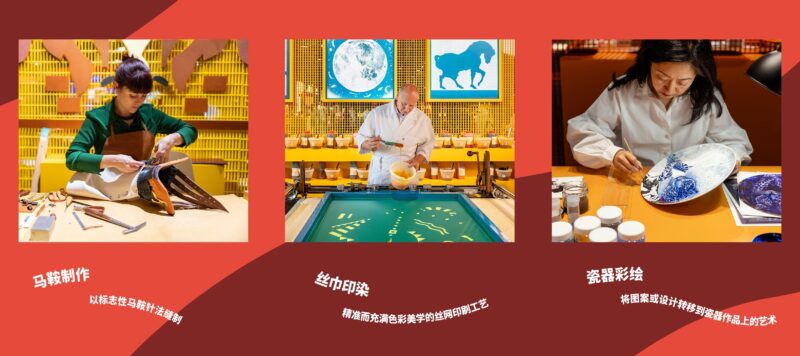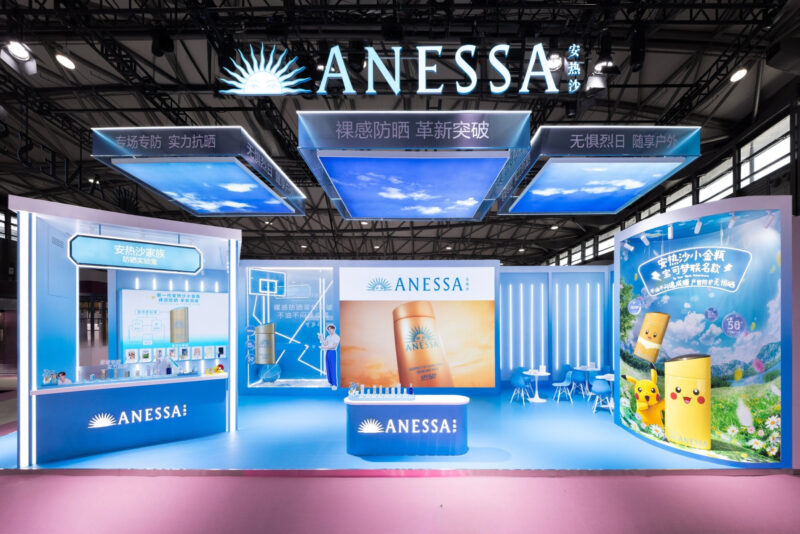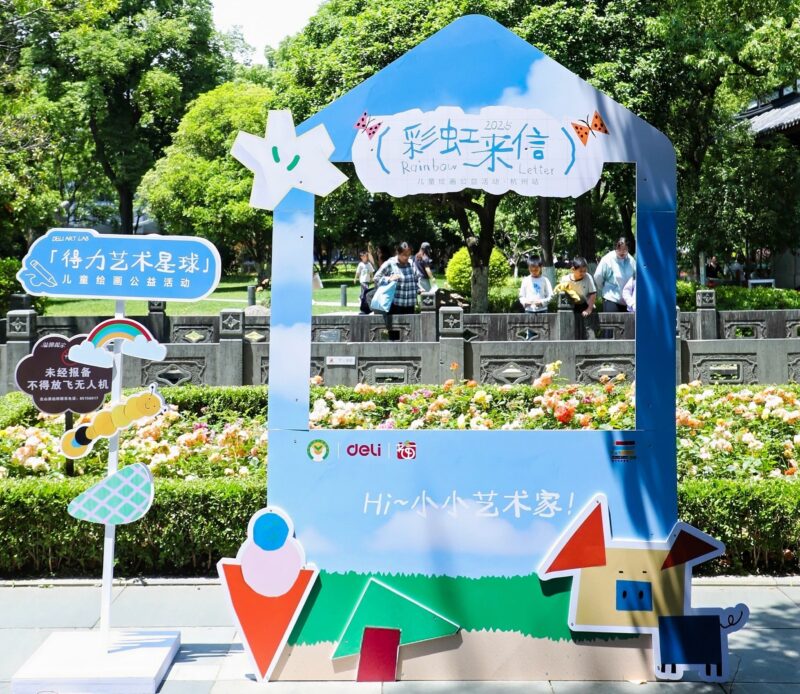On the evening of 15 May, Lei Jun, founder and CEO of Xiaomi, made a quick announcement on Weibo, China’s Twitter equivalent. The text was simple, but it had a significant meaning. Xiaomi, after over 8 years, finally announced another in-house smartphone chip: the XRing O1 (玄戒O1).
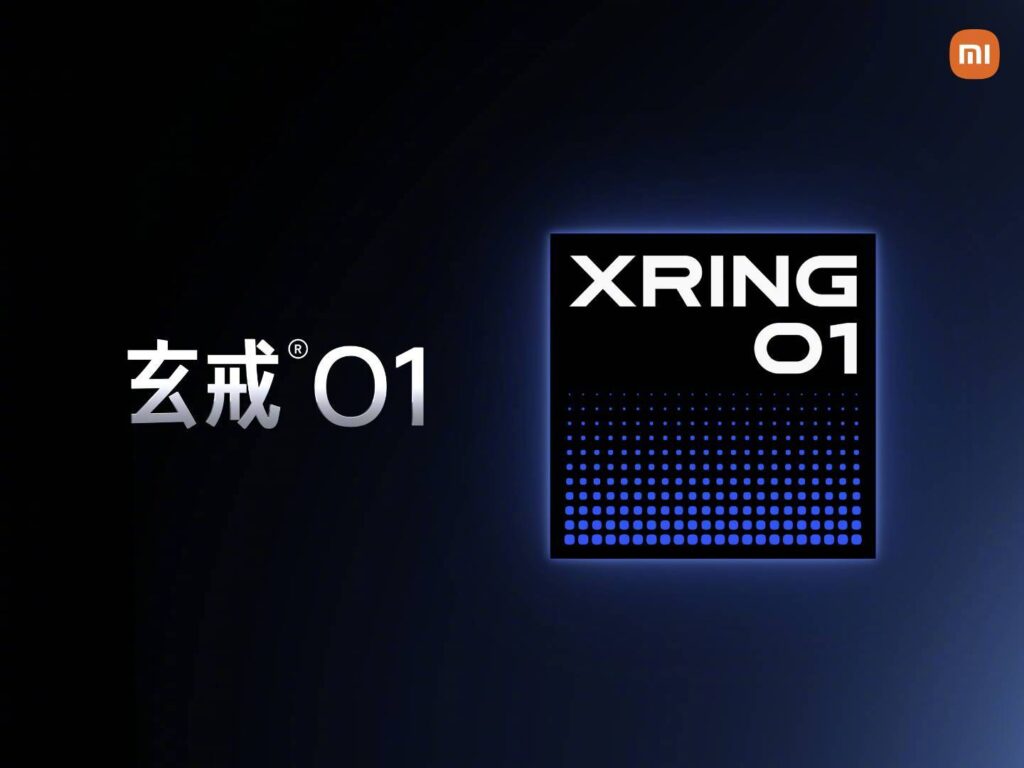
The XRing O1 is a system-on-chip (SoC) that integrates multiple components required for a complete system onto a single chip. Lei Jun did not disclose any further details in his announcement, other than the chip is set to be released in late May.
- #雷军官宣小米自研手机芯片 Lei Jun announces self-developed Xiaomi chip: 34.50 million views on Weibo, ranking number 11 on the Hot Search list
- #雷军官宣小米自研手机芯片 Lei Jun announces self-developed Xiaomi chip: 5.68 million views on Rednote, ranking number 4 on the Hot Topics list
However, much of the attention on Weibo (7.78 million views, Number 5 on Hot Search list) was focused on Lei’s earlier appearance at an internal employee meeting, where he addressed the fatal March accident involving a Xiaomi SU7 and its aftermath for the first time. Lei admitted that the accident and the press that followed severely damaged Xiaomi Auto’s reputation. He explained that the brand is no longer the “new kid on the block” and does not benefit from any handicap, or as he called it “beginner protection” (a gaming term where the system shields beginners from damage).
Interestingly, comments about the new chip have generally been positive and encouraging, while netizens weren’t impressed with Lei Jun’s speech about the accident. The “leaked footage” felt like another publicity stunt. It would seem Xiaomi still has some way to go in regaining the strong public goodwill it had before the accident.
Need to boost your China strategy? Dao Pro delivers bespoke insights on marketing, innovation, and digital trends, direct from Chinese sources. Find out more from our Dao Strategy Team here.




